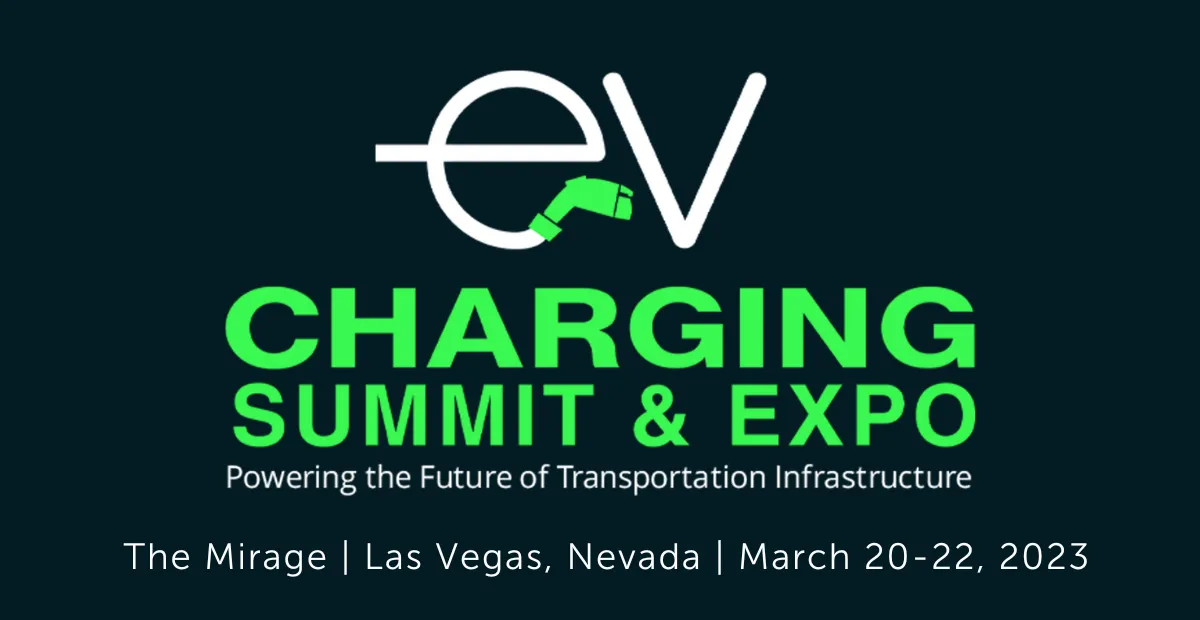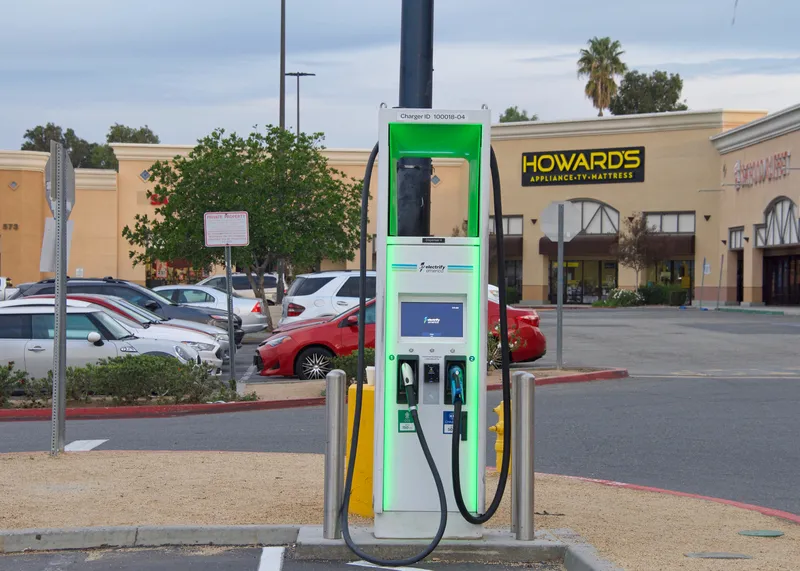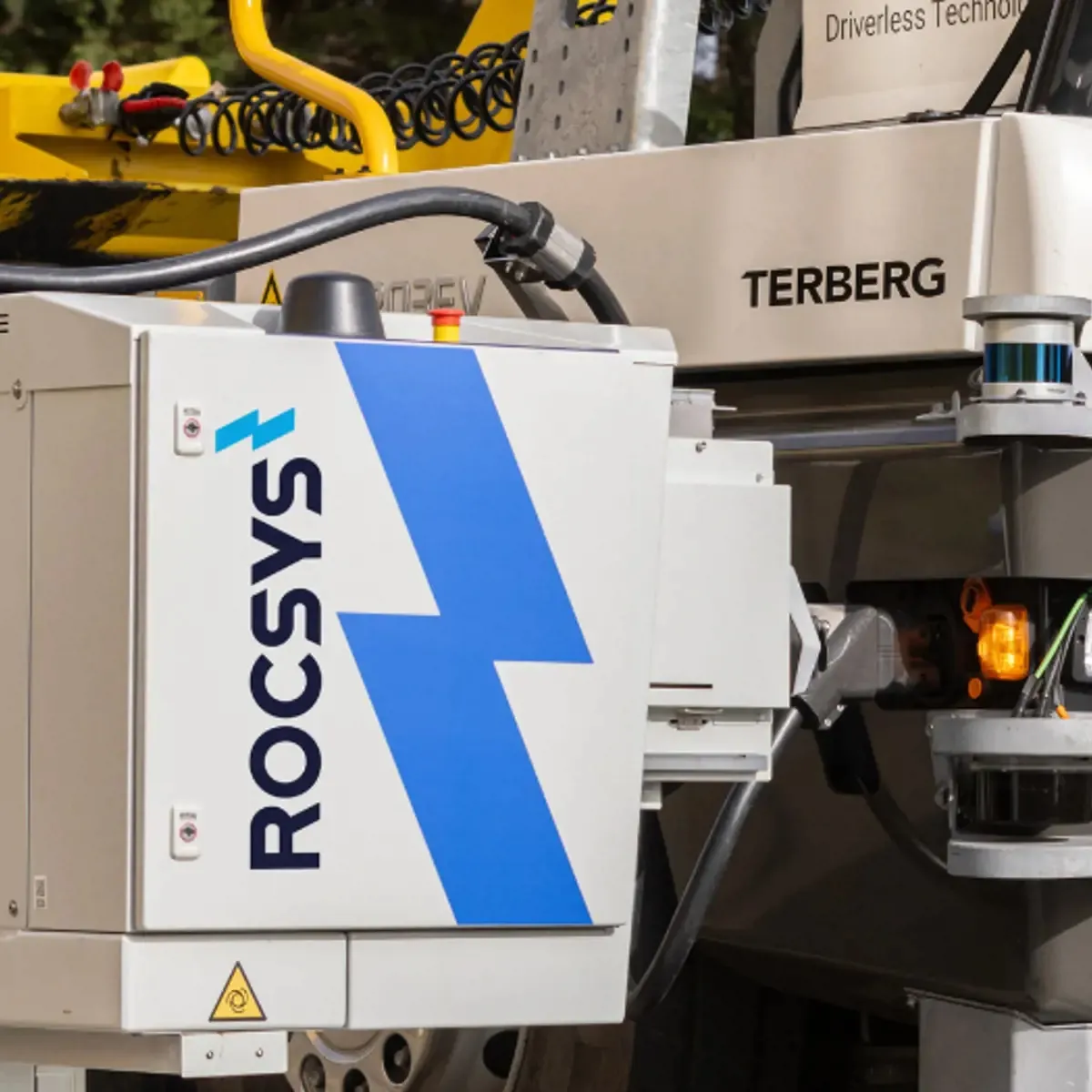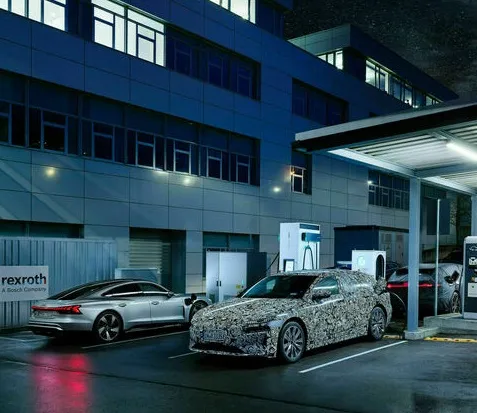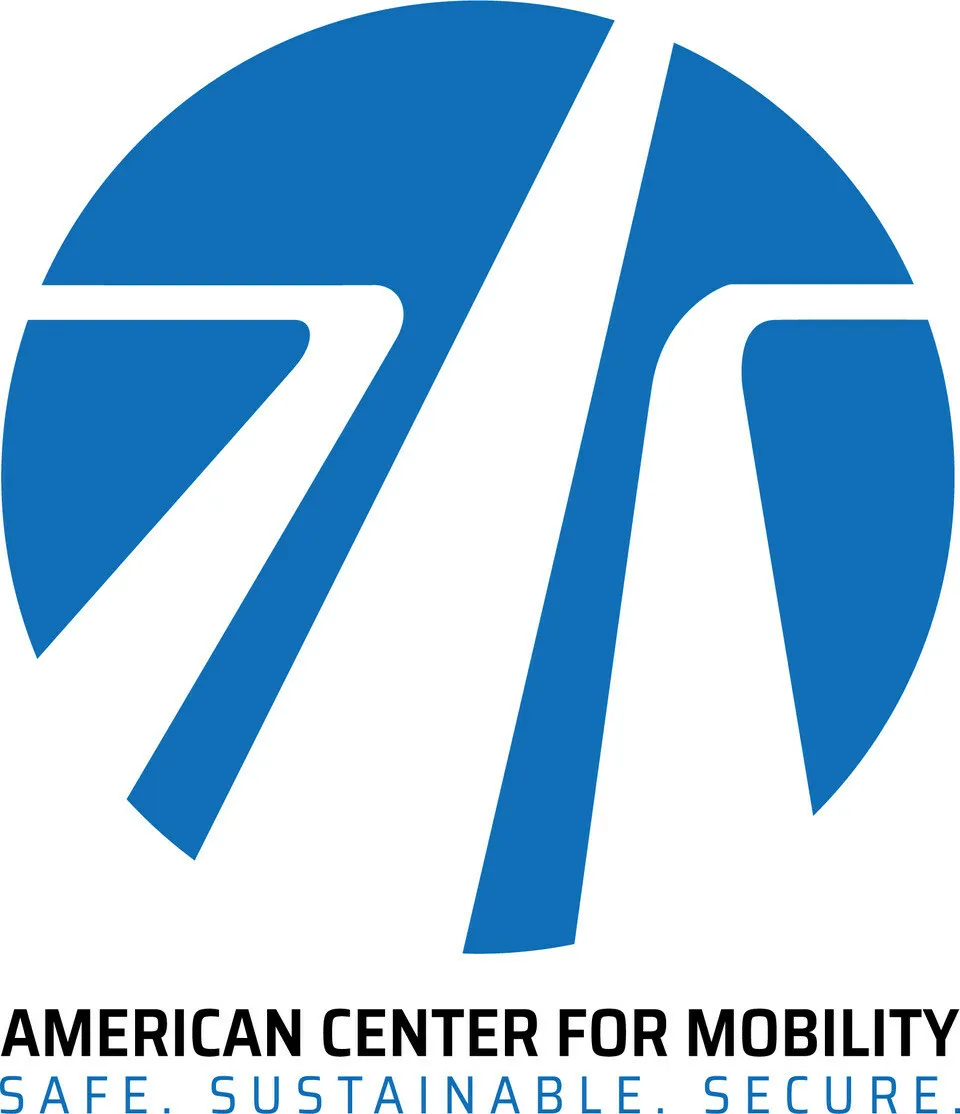
The platform will provide interoperability testing for vehicle and charger manufacturers, charging network operators and others who make up the EV ecosystem. The initiative's goal is to eliminate many of the problems plaguing the electric vehicle charging landscape.
The Interoperability Clearing House (ICH), developed by technology providers IBM and Terbine, will enable manufacturers of both vehicles and chargers to test their latest software at ACM's main facility in Michigan as well as virtually. Leveraging state-of-the-art artificial intelligence and cybersecurity, the platform is intended to bring ongoing cross-product testing to the EV industry and will be open to participants from around the globe.
"It's time for the EV industry to have a platform for ensuring that everything works together all the time," says Reuben Sarkar, ACM CEO. "We are the ideal organisation to offer that service to companies and government agencies wanting a neutral and open environment for testing."
A prevailing issue for EV drivers is synchronisation errors caused by incompatibilities between the vehicles and the charging units. With over-the-air (OTA) software updating becoming common amongst vehicle and charger manufacturers, the problems with interoperability are increasing. The issues multiply as more EV and charging unit models come onto the market.
"Regardless of which connector the chargers and vehicles have – such as the Tesla-created North American Charging Standard, the physical plug is only one element,” said David Knight, CEO of Terbine. "Most of the complexity is with how companies interpret the underlying 'handshake' protocols and other real-time synchronisation issues. The Interoperability Clearing House is intended to alleviate these issues that are scaring buyers away from moving to electric vehicles."


